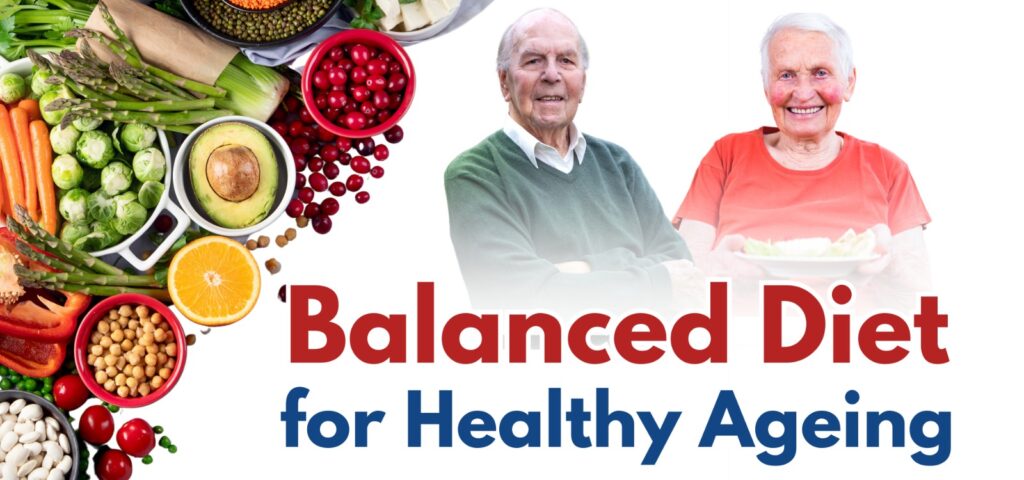Growing older brings wisdom and experience—but it can also bring challenges like weakness, fatigue, and slower recovery. Many seniors experience what doctors call frailty in old age, a condition where the body becomes more vulnerable, leading to falls, dependency, and loss of independence.
Frailty is not an inevitable part of ageing. In fact, Dr. Prasun Chatterjee, in his book Health and Wellbeing in Late Life, highlights that timely lifestyle changes—like the right nutrition, regular exercise, and mental engagement—can delay or even reverse its effects.
In this article, we’ll explore what frailty is, why it matters, and the best ways to prevent weakness and maintain independence well into later years.
Main Content
1. Understanding Frailty
a) What Is Frailty?
Frailty is a medical syndrome that involves:
- Weak muscles
- Slower walking speed
- Low energy
- Weight loss without trying
- Difficulty in daily activities
It’s different from normal ageing because it leads to a much higher risk of falls, hospitalizations, and dependency.
b) Why Frailty Matters
According to geriatric studies referenced by Dr. Prasun, frailty is one of the strongest predictors of disability in late life. However, it is also reversible in its early stages with proper lifestyle adjustments.
2. Preventing Weakness Through Lifestyle
a) Nutrition for Strength
- High-protein foods (lentils, eggs, dairy, fish)
- Vitamin D and calcium for bone strength
- Hydration to keep joints and muscles functioning
Dr. Prasun emphasizes that protein intake slightly above the standard recommendation helps seniors prevent muscle loss (sarcopenia).
b) Exercise as Medicine
- Aerobic exercises – walking, swimming, or cycling for endurance
- Strength training – resistance bands or light weights to preserve muscle
- Balance training – yoga, Tai Chi, or Nordic walking to prevent falls
- Flexibility exercises – daily stretches to maintain mobility
He calls this principle “movement is medicine.”
3. Mental and Emotional Resilience
a) Cognitive Engagement
Solving puzzles, reading, and learning new skills protect the brain from decline.
b) Social Interaction
Joining community groups or simply meeting friends keeps loneliness at bay and improves motivation.
c) Stress Reduction
Mindfulness and meditation build emotional resilience, which is just as important as physical health.
4. Real-Life Inspiration
In his book, Dr. Prasun shares the story of an 85-year-old retired engineer who maintained independence by adopting “active ageing.” Through daily walks, community engagement, and optimism, he compressed his years of illness and lived actively into his late 80s.
This shows that ageing doesn’t mean frailty—it means choosing habits that strengthen body and mind.
Conclusion
Frailty in old age does not have to be an unavoidable destiny. By focusing on nutrition, regular exercise, mental engagement, and social connection, seniors can stay independent, energetic, and happy well into their later years.
As Dr. Prasun’s framework of active and successful ageing suggests: ageing is not about decline, but about living life to its fullest—strong, purposeful, and independent.

